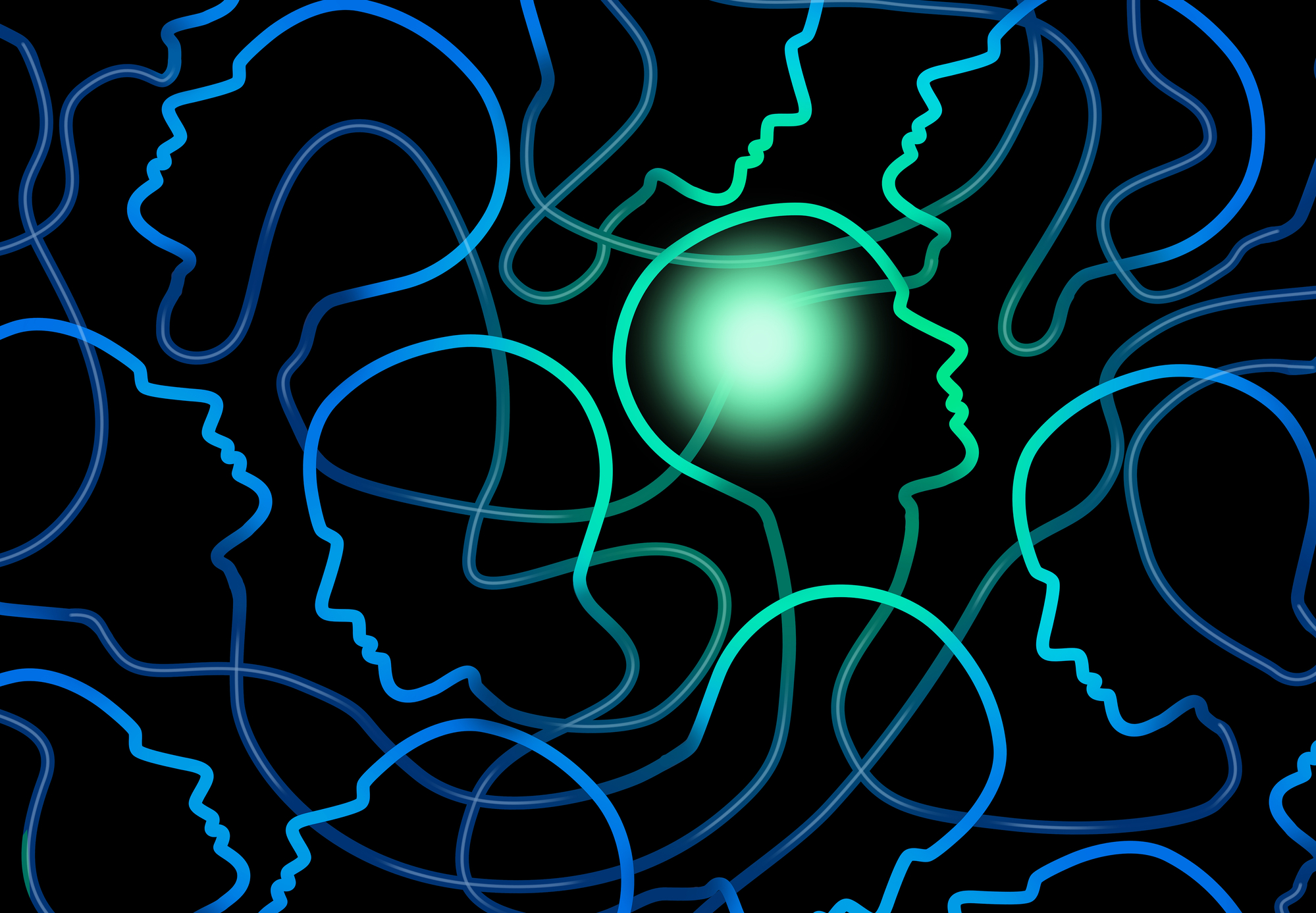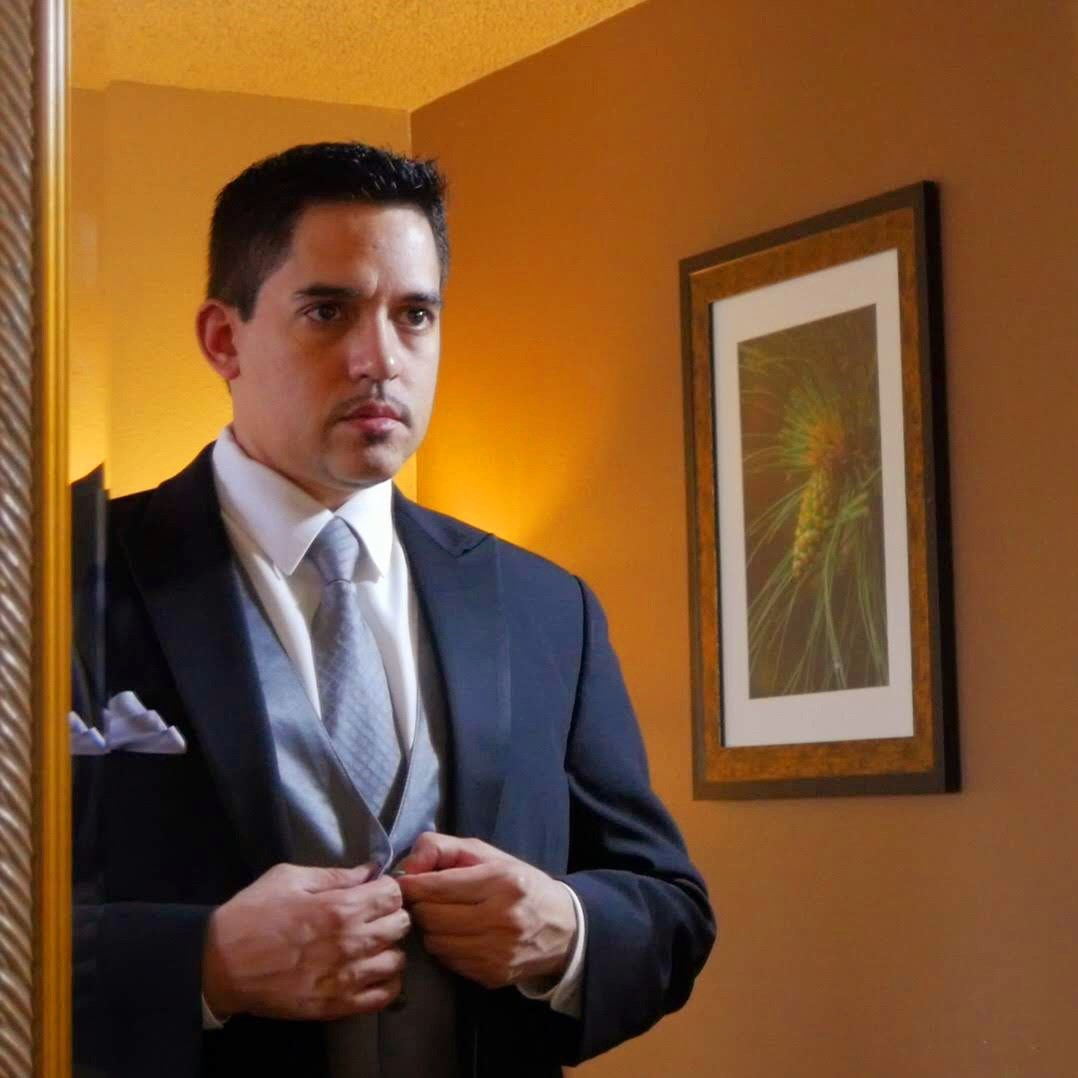
Neurodiversity | It's kinda my thing
We humans are not perfect and never will be. We all go through challenges in life. I know some people suffer greater than I do, but the severity of others' challenges doesn't make mine any less difficult for me. Since childhood, I've spent many years internalizing my struggles, not talking to anyone about them, and not even knowing their cause for most of my life. For so long I dismissed my challenges as me just not being good enough or being inferior and not worthy of a normal life until I finally found clarity.
About 9 years ago I was, yet again, at a crucial point in my life. I was struggling to stay on track with the flow of my responsibilities and was on the verge of losing everything that I had worked so hard to obtain. I had gone through this same scenario so many times throughout my life that at this point the frustration was overwhelming. Out of desperation and curiosity, I took myself to a neurologist for an evaluation. I had never seen this type of doctor before; probably due to denial that I would ever need to see one. Fortunately, it turned out to be the best decision because I finally learned the source of my difficulties. Apparently, since I was a child, I've had a neurodevelopmental disorder that went undiagnosed until that very moment.
The impact of learning that truth was both eye-opening and devastating at the same time. On the one hand, I was relieved to finally learn that my struggles were not the result of me being a "loser", but instead, there was a medical explanation to it. On the other hand, I was crushed because I could have been diagnosed as a child had my mother taken the school counselor seriously and followed his guidance. Instead, for all of my growing years, she chose to disparage and verbally abuse me rather than take the time to learn why I was having such a hard time. Epic fail on her part, if you ask me.
Now, let me pause for a bit to acknowledge the significance of this moment. This is the first time I'm opening up about this deeply personal topic publicly. I'm doing so for a reason. You see, people who experience mental health challenges very often do so privately, and these challenges aren't always apparent to the people we interact with in life. For this reason, when our internal struggles cause distress in our external day-to-day interactions with family, friends, school, or work, we are frequently looked upon in a negative light. Many of my past friends, relationships, employers, and even my own mother, all cast me as someone who was just not good enough. My mental health challenges have caused more pain and loss in my life than anyone could possibly imagine. So, I decided to finally stop hiding my reality and pretending to be just another neurotypical guy. I'm not. I'm different and I've learned to accept that. Now it's time for everyone else in my life to learn why I've been who I've been all these years and accept me as I am with all my neurodiverse ways.
As I mentioned at the start of this post, we humans are not perfect. Neurotypical and neurodiverse brains are all going to have challenges. It's just that those challenges tend to be more significant in people with neurodiverse brains. If you're wondering, neurotypical means an average brain, while neurodiverse simply means a brain that's different. So yeah, Neurodiversity, it's kinda my thing. This might be a good time to explain just how my mental health challenges affect me personally. There is a multitude of ways my neurodevelopmental disorder put me at a disadvantage, but I'll try to describe just a few here.
One of the main challenges is mental processing speed. It's as if I'm moving through life at a different pace than everyone else, a slower pace, but in my mind, I feel I'm moving at the same speed or faster, but in reality, I'm not. It's kind of like trying to run through waist-high water, no matter how hard you push, you are never going to go faster than the water will allow. I'm never going to go faster than my brain will allow, no matter how hard I try.
Another major challenge for me is mental focus. Imagine a kitchen faucet turned on, but instead of water, it's a steady stream of various thoughts constantly flowing. Imagine that faucet had no handle and no way to turn it off. That faucet is my brain; a steady stream of thoughts that never turn off; especially during times when I really need them to. I do have my moments when my brain is cooperating and I'm actually focused on what I need to focus on, however, the slightest sound at a distance or movement in my line of sight or peripheral vision can send my thoughts off in a whole new direction and finding my way back can be challenging.
The last major challenge I'll explain, although there are many more, is time management. My brain doesn't process time in the same way a neurotypical brain does. So, things like judging how much time is needed to complete projects or tasks, or get to destinations by a certain time, can be very challenging for me. Even if I actually know the data, like I have 1 hour to finish a task, or it will take 30 minutes to arrive at my destination on time, that information is not enough. For some reason even knowing that, and even having alarms or my wife verbally reminding me, my brain just doesn't get it. The neurotypical brain will process this data and these time cues and create the focus, mental processing speed, and sense of urgency required to make sure that person manages his actions and time effectively and within the necessary time constraints. My neurodiverse brain does none of that. It's not a voluntary choice, it's literally a difference in the way my brain chemistry works as compared to a neurotypical brain.
As you can imagine, even if the above three mental challenges I described were the only ones I dealt with, those alone would make life very difficult for anyone. But there are more, and if you're curious as to the other multitude of ways my neurodevelopmental disorder affects us people who have it, I encourage you to watch this YouTube video of a doctor explaining it way better than I ever could.
So, what's next for me? Well, for one thing, after years of reluctance due to my fear of addiction, I have finally started taking medication to help with my disorder. I regret not starting sooner, as it's a slow process of easing into the medication and seeing what works and what doesn't. I'm not happy with the result thus far, but I have hope that my doctor will work with me to get it right. If you're wondering what caused me to get over my fear of becoming addicted to the medication, it was my son. As he gets older, I see a lot of myself in him. He reminds me so much of myself when I was his age. I know there is a strong chance he will eventually be diagnosed with the same disorder. If that is so, then it just makes sense for me to start the medication now, so if it ever comes to the point that he is prescribed medication, at least I will have firsthand knowledge of what it's like and how well it works.
In future posts, I'll talk more about my mental health, my insights on how people like myself fit into this world, and how to improve that experience.
I've spent so many years not knowing the cause of my challenges, and even after learning the truth I still kept it to myself. Finally speaking about this publicly is like a release of pressure built up over time; it feels good to let it out. I hope I'm able to inspire others, who might be experiencing the same, to open up about their mental health challenges and not hide behind them, pretending they don't exist, as I did for so many years.

